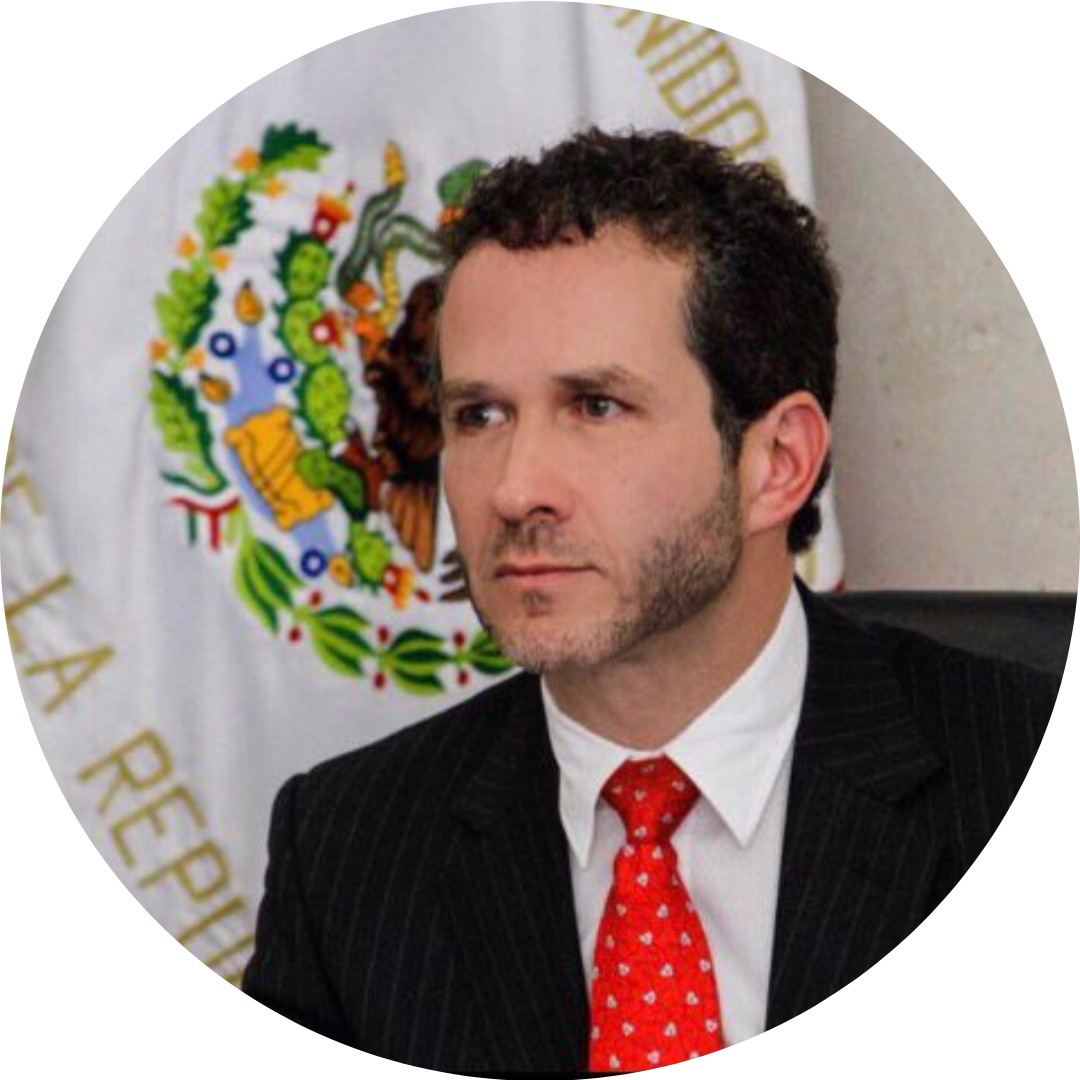Mexico's federal government and Morocco’s central government have traditionally played an important role in the domestic market via their management of economic policies and their extensive reach in some sectors of the economy. Recent administrations had followed prudent and credible economic policies that fostered a stable investment climate while maintaining government control over certain industries. Currently, the states’ role remains prominent in electricity services. The two countries have many lessons to share in terms of electricity sector reform and energy transition choices and their impact on regional integration. What can be learned from both experiences in terms of electricity sector reform? How have both countries managed their energy transition and what are areas of improvement? What are success and failure factors for regional integration between North and South in both instances and do they truly share a common agenda? What perspectives on the continental level and cross-continental?
Electricity sector reforms
In Mexico, energy reform was the centerpiece of attempts both by former President Enrique Peña Nieto whose enormous feat was unbundling the electricity sector, and the leftist administration of President Andrés Manuel López Obrador, who frequently voiced concerns about the previous administration's reform, and presented constitutional amendments to turn back the clock. In Morocco, the power sector transition has been a pillar of growth in the country and a locomotive for creating economic opportunities for the country. Electricity sector reforms over the past decades have however entailed gradual but limited participation of the private sector. The electricity sector reform has not followed suit. ONEE has remained a strong and vertically integrated public utility operating as a single buyer and transmission system officer and owns part of the distribution network. What can both countries share in terms of best practices and lessons learned?
Energy transition policies – opportunities and setbacks
It is also thought that the López Obrador administration’s policy may also undermine Mexico’s pledge to produce 35% of electricity from clean sources by 2024. Morocco likes to present itself as a pioneer in energy transition, from a ban on plastic bags to the world’s largest solar parc. However, the 42% REn capacity share goal by 2020 was not reached due to several policy setbacks. Energy transition 2.0 has already started in both countries. In Mexico, an increasing interest in developing metals critical for EV batteries, especially lithium, has peaked. In April 2022 the government approved legislation under which Mexico's lithium reserves-the ninth largest in the world, are deemed to be of national strategic importance. While recently, Morocco has initiated a new process aimed at creating an economic and industrial sector around green molecules- namely hydrogen, ammonia, and methanol- to strengthen its transition in sectors that are difficult to decarbonize. How have both countries managed their energy transition and what are areas of improvement? How can both countries explore synergies for future collaboration in this area?
North-South regional integration
In July 2022, the US and Canada formally requested consultations with Mexico under the US-Mexico-Canada Agreement (USMCA), arguing that these energy policies are discriminatory and violate provisions of the agreement. How have electrical sector reforms undermined sectoral and regional integration between the US, Canada and Mexico? What does that entail for Mexico? In Morocco, the legal framework can jeopardize the implementation of renewables projects and undermine the trust of private investors, and Morocco’s cross-border integration with the EU grid which have taken many forms in the past but never succeeded (Desertec, Roadmap for Sustainable Electricity Trade (SET) between Morocco and the European Internal Energy Market following COP22 in Marrakech). How will the recently signed “Sustainable Electricity Trade Roadmap” on the sidelines of the COP27 be any different? What does that entail for regional integration? What are real perspectives on the continental and cross-continental levels?














